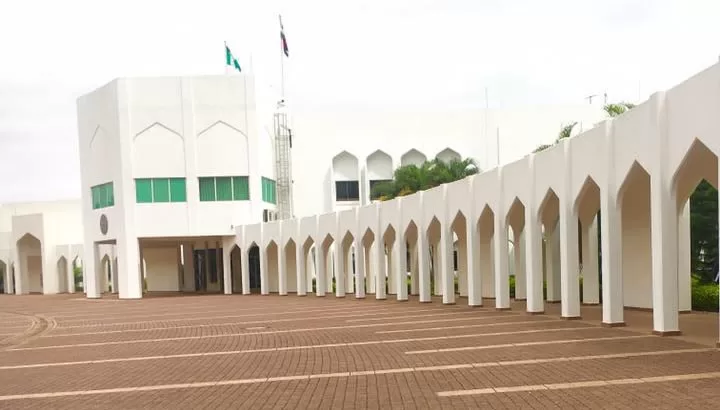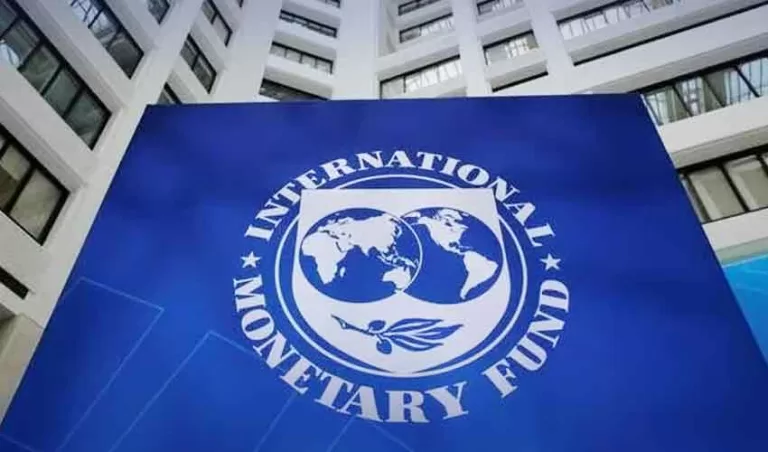
Despite growing expectations that the Dangote Refinery would signal the end of petroleum product imports in Nigeria, experts say the country’s legal framework ensures that fuel importation will continue—at least for the foreseeable future.
Mr. Isreal Aye, Senior Partner at Commercial and Energy Law Practice (CANDELP), made this revelation during a media training session in Lagos. According to him, Section 317(9) of the Petroleum Industry Act (PIA) grants the regulator the power to issue fuel import licenses to companies that either hold a valid local refining license or possess a strong track record in international crude and petroleum products trading.
“The framers of the PIA anticipated scenarios where domestic refineries might shut down due to maintenance or technical faults,” Aye explained. “In such cases, the regulator is empowered to authorize imports to bridge supply gaps until local refining resumes.”
He emphasized that energy security cannot depend on a single refinery, cautioning against assumptions that the Dangote facility alone could meet Nigeria’s entire fuel demand.
“We won’t see the end of fuel imports until at least three to four refineries are fully operational,” Aye said. “The idea is to avoid placing our national energy needs in the hands of one entity.”
He added that while current fuel importers naturally prefer the Dangote Refinery when its prices are competitive, it’s unrealistic to expect the refinery to continuously drive down prices without aligning with global market dynamics.
In a related presentation, energy policy analyst Taiwo Ogunleye delved into the challenges posed by anticompetitive behavior in the midstream and downstream sectors. Titled “Understanding Anticompetitive Practices in the Petroleum Industry,” Ogunleye’s analysis spotlighted activities such as price fixing, collusion, predatory pricing, and monopolistic behavior.
“These practices undermine fair competition, inflate prices, and limit consumer choices,” Ogunleye warned, adding that the effects are particularly harmful in markets with weak regulatory systems or those undergoing structural transitions.
To tackle these issues, he called for rigorous regulatory oversight, transparent access to infrastructure, and policies that foster genuine competition.
As Nigeria navigates its post-PIA energy landscape, the insights from these experts suggest that a complete end to fuel imports and a truly competitive petroleum sector will require more than just one mega-refinery—it will demand strategic enforcement of regulations, diversified refining capacity, and a level playing field for market participants.








